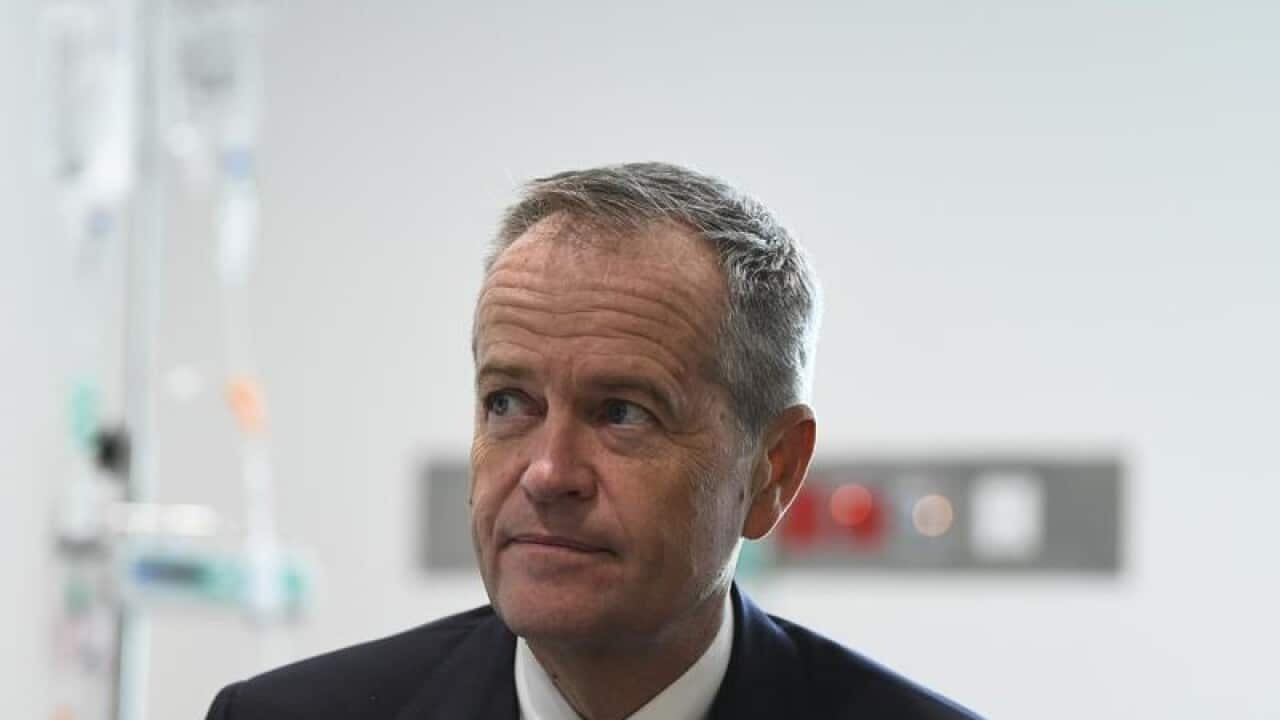Video above: The town where locals say mental health care is better in prison
Inadequate service provision hung me out to dry and left my life spiralling out of control.
Growing up, I struggled with mental health issues, substance abuse, poverty, and homelessness. As a vulnerable child I was heinously abused by an older man who kept me trapped with him for the entirety of my adolescence.
During this period, I used many fantastic youth support services, eventually escaping that situation and thriving in my twenties. Service provision has always been vital in integration back into the community. I was passionate about addressing social issues and have gone on to graduate with distinction from university.
Overcoming some of this adversity enabled me to press charges against the man who abused me. Unsurprisingly, when the pressures of going to court hit me in my final year of university, I found myself spiralling again.
After caring full-time for my father who passed from cancer, I had two court dates a year apart, and not coincidentally, resurging PTSD symptoms, triggering old coping mechanisms of substance abuse.
Managing the symptoms of mental illness born from poverty and trauma is only one aspect of recovery. There were a variety of factors I needed help with: sexual abuse, going to court, employment, PTSD, reactive substance abuse, and grief. Needless to say, I used up my allotted ten therapy sessions within a few months. This was all I could get under the Better Access Health scheme.
So, I turned to the Alcohol and Other Drug (AOD) sector seeking therapeutic care. I thought a short stay in a residential therapeutic detox would prevent worsening drug use and help me access the therapy I direly needed. This form of 'restbyte' had helped me immensely me in my youth.
However, this time, I found myself waiting months for inadequate services, many of which were ill-equipped to deal with my issues. I did not fit the mind-boggling criteria for many AOD services, which lacked the insight to deal with the complexities of my situation.
I was told outright that preventive care was not their job. They wanted me to have been using harder drugs for longer, or they refused to help. I felt like I had to get worse before I could get better.
I am not sure which was more difficult – getting help with the emerging substance abuse or getting a therapy session. I was left to deal with my issues largely on my own whilst I fought for justice. I became severely depressed and withdrawn, dropped out of honours, lost my job, and my substance abuse worsened.
I felt powerless over my own health. I needed a break, a preventative safeguard for my health during a high-risk time, and adequate therapy to help reduce manage this risk and link me into appropriate treatment. A more thorough investigation into the issues I needed to address would have been beneficial.
Ten therapy sessions a year is like handing out band-aids on a battlefield.
My abuser was sentenced to nine years eleven months prison. However, I am still at risk, and my ability to get coordinated treatment in a fragmented system is limited. Self-advocacy within service provision is also hindered by models of care that disempower people with mental health and drug and alcohol issues.
A one size fits all approach to treatment may seem economical, but it is not effective.
The court system treated me well, but service provision failed me. Charging my abuser was always about reconciling the very different world I come from with the world I'm expected to operate within now. The ability to use the same institutions (health, justice, education) as everyone else matters in a just society.
It is service provision's function to support, integrate and strengthen our community. It builds a bridge between the different worlds we inhabit in society. That bridge is currently perilous for all who attempt to cross. We need more and better quality coordinated care for complex health issues. My mental health issues and the conditions I grew up with should not be a life sentence.
Through award winning storytelling, The Feed continues to break new ground with its compelling mix of current affairs, comedy, profiles and investigations. See Different. Know Better. Laugh Harder. Read more about The Feed
Have a story or comment? Contact Us



